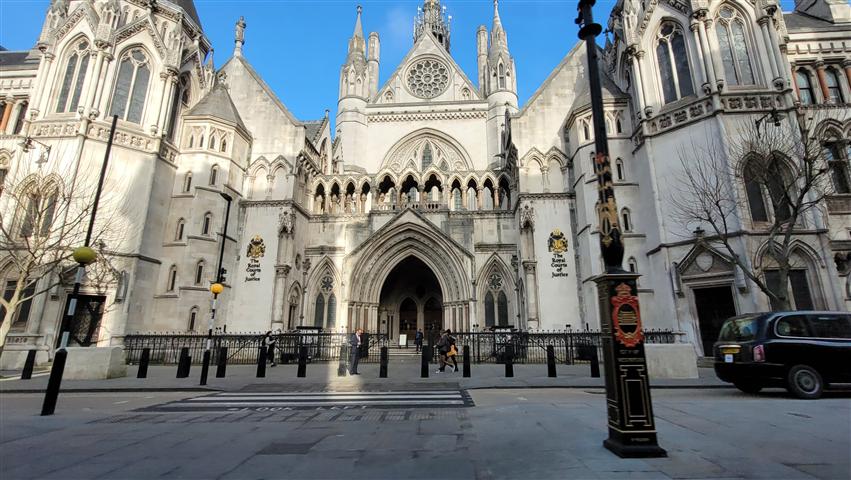On Tuesday April 4, the Cuban government won a lawsuit filed by CRF-I Limited, an investment firm based in Cayman Islands, over two unpaid loans of 72 million Euros (USD 78.5 million) that were originally granted to Cuba by European banks in the 1980s in German Deutschmarks, a currency that no longer exists.
In 2020, CRF, originally called the Cuba Recovery Fund, claimed to be the legitimate creditor of the loans and sued Cuba and its former central bank, the National Bank of Cuba (BNC), for the debts in London’s High Court.
Judge Sara Cockerill, who oversaw a trial that began in late January and lasted for two weeks, ruled that the UK High Court had no jurisdiction to hear the case against the Republic of Cuba.
The trial was held to decide on four issues: whether CRF could sue in the UK, whether the debts were properly transferred to the investment firm, whether the central bank could be sued, and whether the Cuban government was a guarantor on the debt and could be sued as well.
Judge Cockerill ruled that the High Court has jurisdiction, the debt was properly assigned to CRF, and that the former central bank is responsible.
She also ruled that CRF did not obtain the consent of the Cuban government for any transfer of rights to a third party, so Cuba is not a guarantor of the debt and CRF has no legal standing to sue the Cuban state over the loans.
Judge Cockerill also recognized the irregularities committed by a former BNC official and accepted them as reasonable grounds for the Cuban Government to deny its consent to the assignment of the debt in favor of CRF.
“The CRF bribed a former BNC official, whom Cuban authorities already sanctioned, to obtain this institution’s consent over the transfer of rights over the loan. This irregularity is a reasonable ground for the Cuban government to refuse to cede the debt to CRF,” she stated.
“Cuba is now out of the English jurisdiction. From now on, the lawsuit will continue only against the BNC, which will have the right to defend itself from the CRF accusations,” she added.
“CRF has been successful against BNC…at the same time, it has lost against Cuba,” said Cockerill summarizing her decision.
During the trial, Cuban authorities argued that the CRF tried to illegally acquire the two debt securities at a low price, claiming to be a creditor of the BNC and the Republic of Cuba. The authorities also pointed out that the BNC’s re-assignment of the debts was irregular and fraudulent since this bank had no legal capacity or authority to represent Cuba.
“[The] Republic of Cuba wins lawsuit in London: CRF is not a creditor of the Cuban State,” wrote Cuban President Miguel Díaz-Canel, welcoming the ruling. “Once again, the enemies of the nation failed. Their lies collided against a professional and prestigious court.”
On Wednesday April 5, Cuban Justice Minister Oscar Manuel Silvera Martínez, also hailed Cuba’s victory in the trial.
At a press conference, Silvera stated that “the Republic as a sovereign entity is immune because at no time did the State approve that its guarantees on the debts be assumed by CRF. It is a victory. It was what we alleged in the defense.”
Silvera reported that CRF, calling it a vulture fund, intended to cause damages to the country. “There are documents that prove the intention to harm the country and affect the financial flows of the Cuban economy,” he said.
The justice minister also reported that the BNC would file an appeal against the decision in May.





